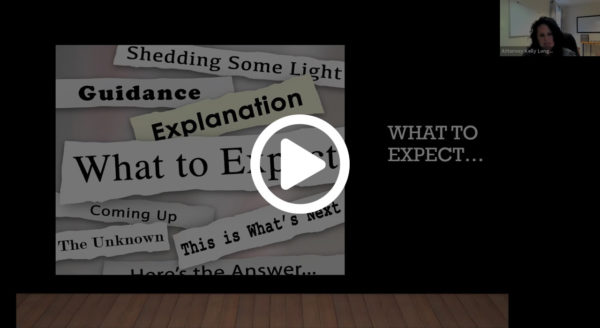When you decide to create a comprehensive estate plan, there are many things to consider. One is whether to tell your loved ones about your plan and how much information to share with them. Estate planning can be a complex and sensitive matter, so your choice may depend on your unique relationships with loved ones and your family dynamics.
Everyone Knows What to Expect
Estate planning deals with personal, family-specific situations. By discussing estate planning with your family, you can ensure that your loved ones are aware of how you have structured the money and property that may be transferred to them. Discussing matters up front will also give notice regarding who will be in charge if you cannot handle your affairs or when you die. This transparency can reduce confusion and conflict that can lead to disputes, disagreements, and even legal challenges later. Your loved ones will have the advantage of being prepared for what is to come.
Loved Ones Understand Your Wishes
Your estate planning documents, including your will, trust, and other directives, can sometimes be complex and subject to interpretation. When your loved ones know your wishes, there is less room for misinterpretation of your intentions. This is critical, especially in medical emergencies when decisions must be made quickly.
By sharing your intentions, you can explain your perspective and the reasoning behind your decisions, such as why you have chosen certain beneficiaries, trustees, or executors. This personal touch can help your loved ones appreciate the thought you have put into your estate plan.
When communicating your rationale for distributing money and property in a particular way, you can reduce resentment and promote understanding while you still have the opportunity. This can be particularly important if your plan includes provisions that may seem unequal at first glance. If a problem arises, you may be able to find resolutions and compromises in advance.
If you happen to have beneficiaries with special needs or specific financial requirements, sharing your estate plan ensures that your loved ones are aware of their responsibilities in caring for these beneficiaries and following your instructions to provide for them after you pass away.
You also have the chance to convey your values, beliefs, and objectives regarding your estate. This can be particularly important if your estate plan includes charitable contributions, specific bequests, or arrangements that reflect deeply held principles.
Administration Goes Smoothly
When your loved ones are informed about your estate plan in advance, those involved may be more likely to accept your wishes and cooperate during the administration, making the entire process more efficient. They will know who to contact and what to do. Being aware of the details reduces delays related to identifying your property and beneficiaries and allocating responsibilities. Your chosen decision-makers will already know their roles, which will minimize uncertainty and allow them to step in without hesitation when needed.
Your loved ones will also have contact information for professionals, such as estate attorneys, financial advisors, and accountants, who may need to be involved.
Loved Ones Can Ask Questions
When your loved ones know that you are willing to discuss your estate plan, it can create an environment of openness and trust, which extends beyond estate planning matters. Your loved ones may have questions or concerns, and this is the best time to address them. Together, you can work to find solutions or compromises that align with your wishes and address their needs and expectations for the best possible outcome.
You also have an opportunity to educate your family members about your financial and other estate matters. This knowledge can empower them to be better-prepared for their own financial futures and estate planning decisions. This can offer an additional layer of protection, knowing that your loved ones are proactively protecting themselves and their loved ones as well.
It is also possible that during your conversation with your loved ones, you might realize that important details or beneficiaries were inadvertently left out of your estate plan. Sharing your plan allows you to address any oversights and make necessary adjustments now.

